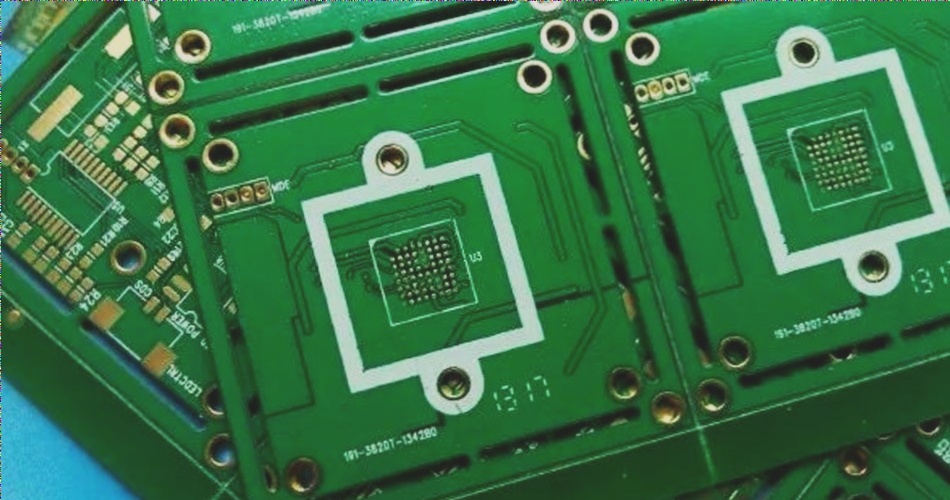Common Knowledge Shared by PCB Factories
- Virtual soldering defects can impact component parameters and cause instability in double-layer board conduction, leading to circuit function failure.
- Solderability depends on solder composition and nature. Commonly used eutectic metals include Sn-Pb or Sn-Pb-Ag with controlled impurity content to prevent oxide formation. Flux assists in solder wetting by transferring heat and removing rust.
Soldering Temperature and Cleanliness
Soldering temperature and metal plate cleanliness significantly affect solderability. High temperatures can accelerate solder diffusion and oxidation, leading to defects like solder balls and open circuits.

PCB and Component Warping
Warping during soldering can cause virtual solder joints and short circuits due to stress-induced deformation. Temperature imbalances and component height differences can contribute to warping issues.

PCB Design Optimization
- Shorten connections between high-frequency components to reduce EMI.
- Secure heavy components with brackets before soldering.
- Address heat dissipation for heating elements to prevent defects.
- Arrange components in parallel for easier soldering and mass production suitability.

Additional Insights:
1. PCB processing may encounter defective products due to machine errors or human factors, such as “hole breakout” or “point PCB breakout.”
2. Slag removal processes are crucial during PCB processing to prevent issues like “wedge PCB breakout.”
3. Slag removal typically involves treatment with a leavening agent and oxidant erosion using “permanganate.”

